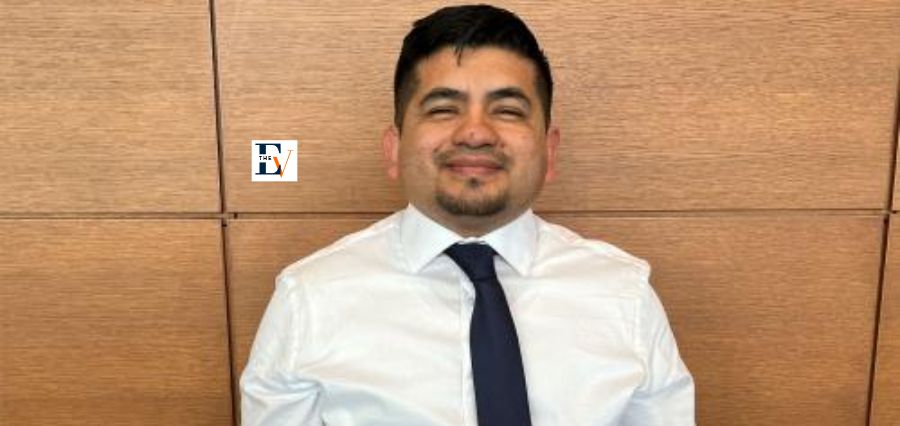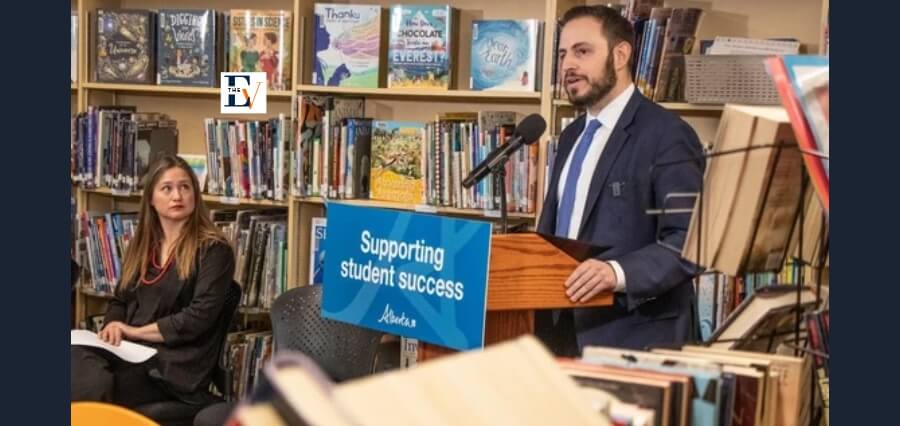‘Aham Brahamasmi, Tatvam Asi.’ We are all familiar with the words from the Scriptures that tell us that human beings, at the core, are nothing but spirits. Science talks about ‘energy,’ which is synonymous with the word ‘spirit’ that religion refers to. Take, for example, the words that both Science and Religion agree with:
The law of the Conservation of Energy states that – ‘Energy can neither be created nor destroyed, only converted from one form to another.’ Religion just substitutes the word ‘Spirit’ for the same statement.
If our original nature is spiritual, then Education won’t do any good by ignoring this very important factor in human life. But today, we see that education focuses minimally on the development of the spiritual side in human beings. Most of our education concerned with the development of cognitive skills, motor skills and, to some extent, communication skills, interpersonal and social skills are paid attention to.
I remember I used to have a subject in school known as ‘Moral Science.’ Today it is called ‘Value Education,’ and it is either given scant attention or excluded from many curricula that our educational institutes follow.
Gone are the days when the Student (Shishya) used to go to his Teacher (Guru), who would focus on the student’s overall development, and spiritual development was one of the primary motives. We find that education in the olden days was more concerned with religious education. Take any religion; you will find that religious and spiritual development was the main aim, and finally, that paved way to teach them other knowledge and skills.
Even modern scientific knowledge and development evolved from religious enquiry into the nature of the world. Protestant values encouraged scientific research by allowing science to study God’s influence on the world and thus providing a religious justification for scientific research.
Today, we have a scientifically and technologically developed world. All the research and innovation have made human life easier. We are reaping the benefits of the scientific bent of mind and education, and it is all good. But is it the end of all knowledge and education that we impart to our students? Are we missing something higher? Does education also have a higher purpose that we have left out, or as the proverbial saying goes, ‘We have thrown the baby out with the bathwater?’
What is the result of this? We have graduates who are highly intellectual but morally malnourished. A person comes out of our educational institute and is easily lured towards the dream of making fast money. He takes to illegal activities without any moral compunction. He would rather now deploy his learning to fleece our society. It was Theodore Roosevelt who said, “A man who has never gone to school may steal from a freight car, but if he has a university education, he may steal the whole railroad.”
Look at the paradox we have created. Human beings physically live in this world for maybe 60 to 80 years on average. But our spirit lives forever. We do everything in education for the physical that one day will be no more and ignore the spiritual part of our life that will endure forever!
The three brick layers story is now a cliché. All were asked what they were doing. One replied, “Go away. Can’t you see I am laying bricks?” The second one replied, “I am feeding myself and my family.” The third one replied, “I am contributing to building a school that will empower the future generation.”
Maslow’s pyramid of hierarchy of needs talks of people being motivated by basic needs, relationships, security, and popularity and then points out that very few are concerned with the ‘Self Actualization’ part. What does that tell us about our education? We have prepared a generation that is focussed on catering to their physical needs, which Maslow called ‘deficit needs.’ He pointed out that these are all temporary needs.
We have never catered to the spiritual side in our education impartation, and that is why our graduates and future generation miss out on the ‘sense of purpose and meaning’ in their lives. We have today a world where people are unhappy and never reach the point of fulfilment in their lives. They always experience that ‘void’ in them despite all the material gains, scientific advancement and technological development that we have at our disposal.
One of the challenges of the ‘knowledge era’ that we crib about is the inability to ‘wisely’ use all the data and knowledge our students have at their disposal. Is this not a sign of them being spiritually starved?
So, to have holistic development, we have to have inclusive learning and development. We have to also bring back the spiritual teaching in our curricula. This will again not guarantee a complete and desirable transformation of our graduates and society but will at least have students who are aware of their eternal side in life, and it will be their choice then whether to take a casual attitude towards it or not.
In short, at the end, I would like to delineate as educators what things we can practice to help our students with their spiritual development.
Introduce Spiritual Practices – Yoga, Meditation, Prayer, Mindfulness etc., that can be practised.
Self-reflection and Self-awareness – Encourage students to know themselves, their uniqueness, their gifts, their talents, and their unique mission in life.
Literature and Art – There is a lot of literature and art with spirituality behind aestheticism. Students could be exposed to it.
Inter-faith Dialogue – Students could be encouraged to discuss their faith and share the principles of their religion without judgement.
Service – Students could be encouraged to take activities that involve service towards the less privileged, like serving in orphanages, foster homes, soup kitchens, etc.
Practising Diversity – Help students by exposing them to different philosophies, religious texts and beliefs. Build tolerance and acceptance towards all through such activities.
Connect with Nature – Have activities like trekking, walking in the woods, mountain climbing etc. Encourage activities that help them to connect with Nature.
Quiet Time – Have some time to be spent in solitude with yourself. Here students can connect to their deeper selves by being with themselves sans all electronic gadgets and sans the company of other people.
Encourage the Spirit of Inquisitiveness – Help students with bigger questions related to the universe, life purpose, divinity etc. Let them reflect, read and come back with their insights.
One caution that we have to observe is to understand that Spirituality and Religion are subjective matters. As educators, we cannot impose our beliefs and faith on the students and remain objective when introducing spiritual practices in education.
To conclude again, I will mention the clichéd story of the knowledgeable man travelling with the boatman when he starts enquiring whether the boatman knows about Science, History, Geography, etc. The boatman pleads with his ignorance and simple life. After a short while, when the boat is in turbulence and about to sink, the boatman asks the educated man whether he can swim now he pleads with his inability. All his knowledge and learning are rendered useless.
One day our spirits will merge with the vast ocean of divinity. It is important that we are ready for it.
About the Author
Sohan D. Tiwade is a Professional Speaker and Corporate Soft Skills Trainer at The Edge. He is also an Assistant Professor at Sanjay Ghodawat University.
Next story: https://theeducationview.com/university-education-in-the-aftermath-of-the-covid-19-pandemic/






